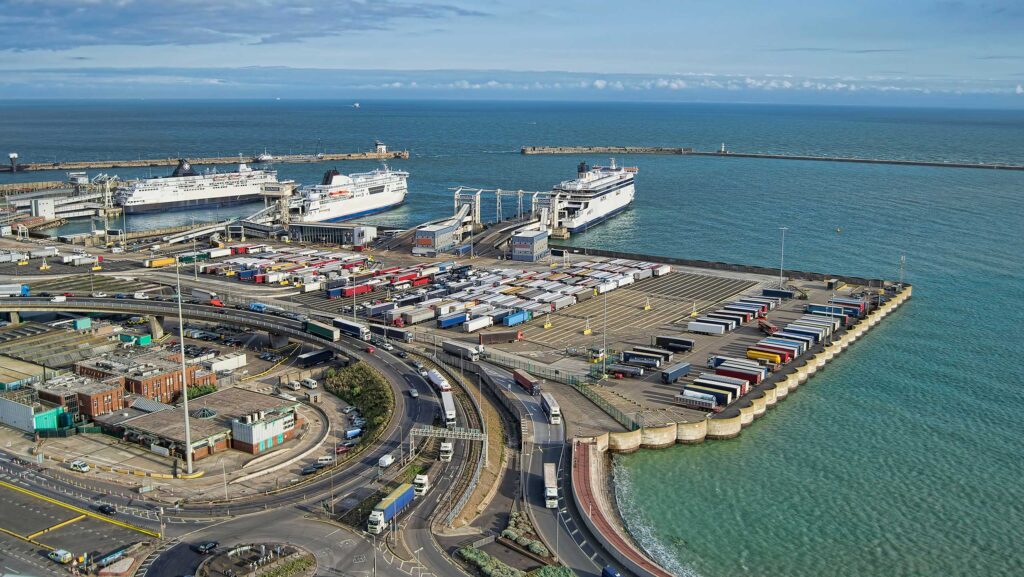Efra committee warns of illegal meat smuggling threat
 © Adobe Stock
© Adobe Stock Britain is facing a major national security and food safety threat due to the unchecked smuggling of illegal meat through its borders, the Environment, Food and Rural Affairs (Efra) committee has warned.
Alarming quantities of meat and dairy products are being illegally imported into Great Britain for personal use and commercial sale, according to a report published by the committee on Monday (8 September).
The report highlights the health dangers posed by unregulated meat, including the risk of contamination from bacteria, viruses, or parasites due to poor slaughter, handling, and storage conditions.
See also: Government failing to meet pledge on British food sourcing
During a visit to the Port of Dover in March, MPs observed the discovery of meat hidden in plastic bags, newspaper, cardboard boxes, and a defrosted chest freezer.
One border worker described finding “an entire pig stuffed inside a suitcase; its legs cut off badly so that it could fit inside. Not a professionally butchered animal.”
The committee also expressed serious concern over conditions at the port, noting limited facilities for decontamination and no dedicated handwashing stations.
Staff from Dover Port Health Authority reported being overwhelmed.
“There are literally hundreds of targeted vehicles driving straight past as we do not have the resources to stop and search,” they told MPs.
The report claims criminal organisations are exploiting personal import routes to move meat around the country “with impunity”, despite a ban on most personal imports of meat and dairy from the EU.
‘Toothless’ ban
MPs described the ban as “toothless”, with illicit products still entering the UK via airports, seaports, and the Eurotunnel.
Efra committee chairman Alistair Carmichael warned: “Every day, vans laden with undeclared, unhygienic and unrefrigerated meat are rolling through our ports for distribution and sale in Britain.”
He added: “It would not be an exaggeration to say that Britain is sleepwalking through its biggest food safety crisis since the horsemeat scandal.”
The committee has called on Defra to develop a targeted strategy to combat smuggling animal products involving key agencies including the Food Standards Agency, Border Force and local authorities.
Defra response
In response, Defra noted an 84% increase in illegal meat seizures from 2022 to 2024.
A spokesman said: “This government has significantly increased seizures of illegal meat, restricted the import of dangerous animal products, and is investing more than £200m in a new national biosecurity centre.
“We will consider the recommendations of the Efra committee as we continue to work closely with port operators, industry, trade partners and Border Force to protect our food security, farmers and economy.”
